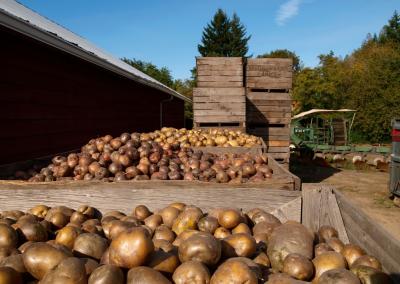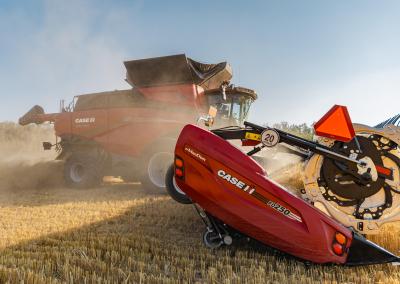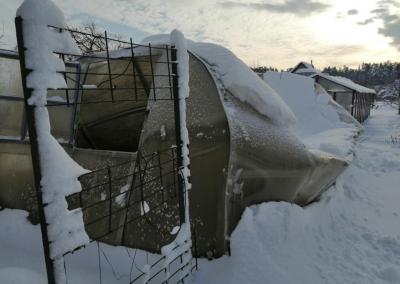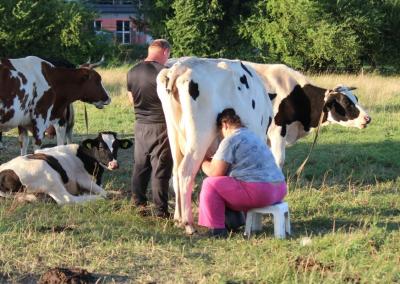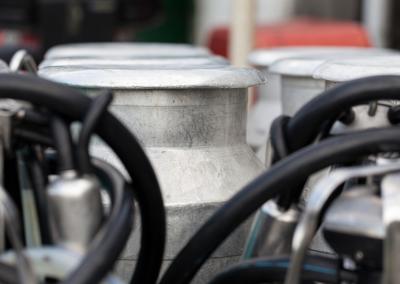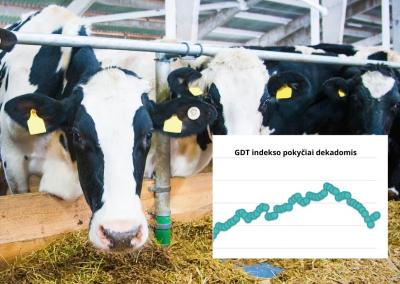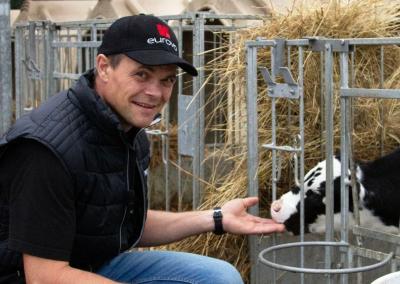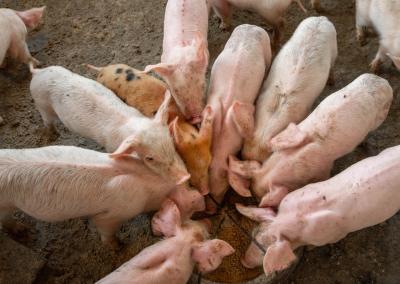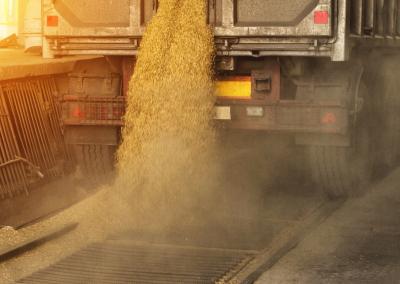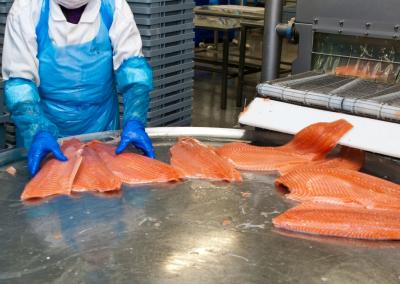New requirements for matured meat to enter into force in November
There are a number of meat producers in Lithuania that supply matured meat to the market. However, until now there have been no common requirements for this category of meat products. Producers have had to implement and adapt the maturation process based on the experience of other countries or other available information. The European Commission has finalised the requirements to be applied by all establishments producing matured meat from 9 November 2024.
The microbiological hazards posing the greatest risk are the verotoxin-producing bacteria Escherichia coli (STEC) and other health-threatening bacteria such as Salmonella spp., Staphylococcus aureus, Listeria monocytogenes and enterotoxigenic Yersinia spp, Campylobacter spp. and Clostridium spp., as well as moulds – such as Aspergillus spp. and Penicillium spp., which can produce mycotoxins when conditions are favourable, but which can be prevented by appropriate requirements.
The Commission of the European Union has taken into account the scientific opinion of the European Food Safety Authority (EFSA) on the microbiological hazards of matured meat, which concludes that matured meat does not pose a higher risk to public health than fresh meat, provided that certain conditions are met. The Commission has adopted Delegated Regulation (EU) 2024/1141 laying down the requirements for the maturation of meat and the specific measures for the maturation of meat.
Further information on the requirements and special measures for meat maturation can be found on the VVM website.
The requirements for semi-finished meat products to be dry-aged are the same as for meat maturation.
VMVT information

